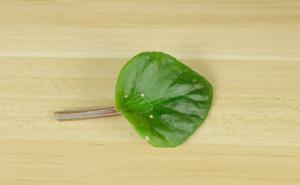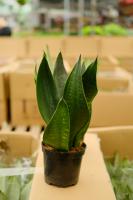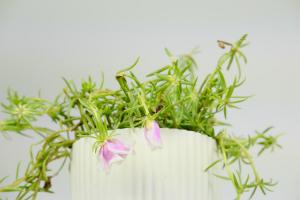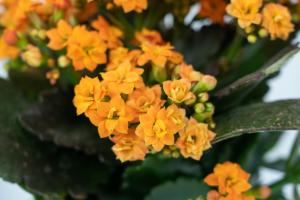Plum is a deciduous shrub with a height of 1 ~ 1.5 meters. Alias small peach, family name Rosaceae. It is native to north, central and South China. It is born on the roadside, riverside and forest edge of mountainous areas below 800m above sea level. It is cultivated everywhere. Japan and North Korea also have. It likes light, has strong growth adaptability, cold tolerance, developed roots and drought tolerance. Regardless of soil, it can grow in slightly alkaline soil and is resistant to barren soil. The root has strong germination ability and can reproduce naturally. Yu plum can be propagated by means of splitting, sowing, layering, cutting, root cutting and grafting. Split propagation is the main method in production.
ramet propagation of plum
due to the strong sprouting and tillering nature and many root tillers, ramet propagation is a common propagation method of plum. The specific method is to cut off the sprouting seedlings at the root of the mother plant in spring and then transplant them. Each mother plant can be divided into three to five plants. Generally, the ramets will bloom two years after survival
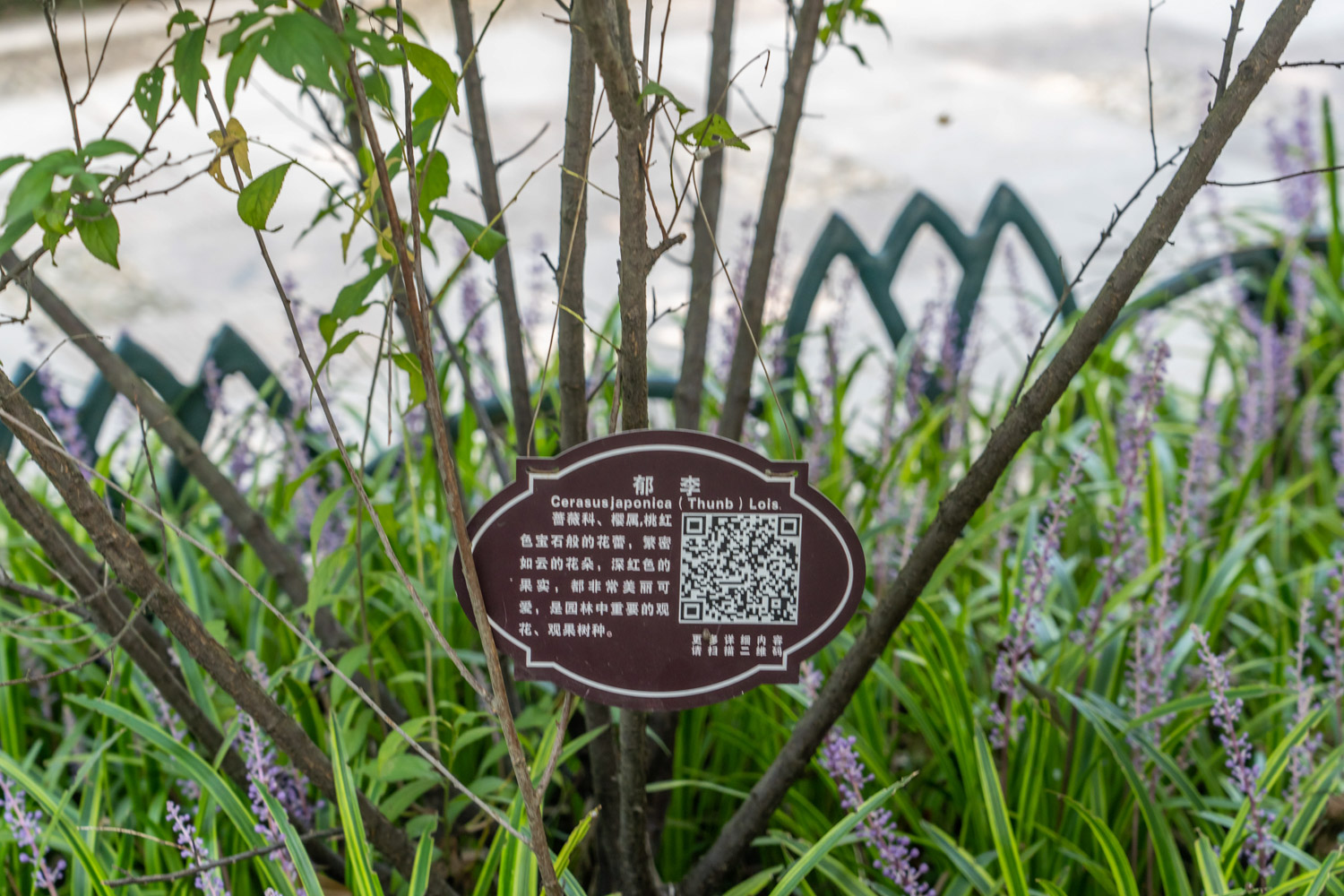
Cutting propagation of plum
Because the roots of Prunus pumila are easy to produce adventitious buds, the effect of root cutting is also better. The specific method is to carry out cutting in early spring, select the lower section of annual relatively strong sprouts, cut them to grow 10 cm to 15 cm, take buds as cuttings, and insert more than half of them into the soil. Then water the cuttings regularly to maintain the air humidity, take root in about one month, and then germinate and grow.
Sowing and propagation of plum
Seeding is the most common method of reproduction. The specific method is to sow in spring and autumn, but autumn sowing is better. For autumn sowing, the seeds shall be collected in early summer, and then washed and placed in a cool place for natural air drying until the autumn sowing period. For spring sowing, the seeds shall also be collected in early summer, and then the seeds shall be stored in low-temperature sand for sowing in the next spring. When sowing, pay attention to the spacing between plants and seedlings and planting depth
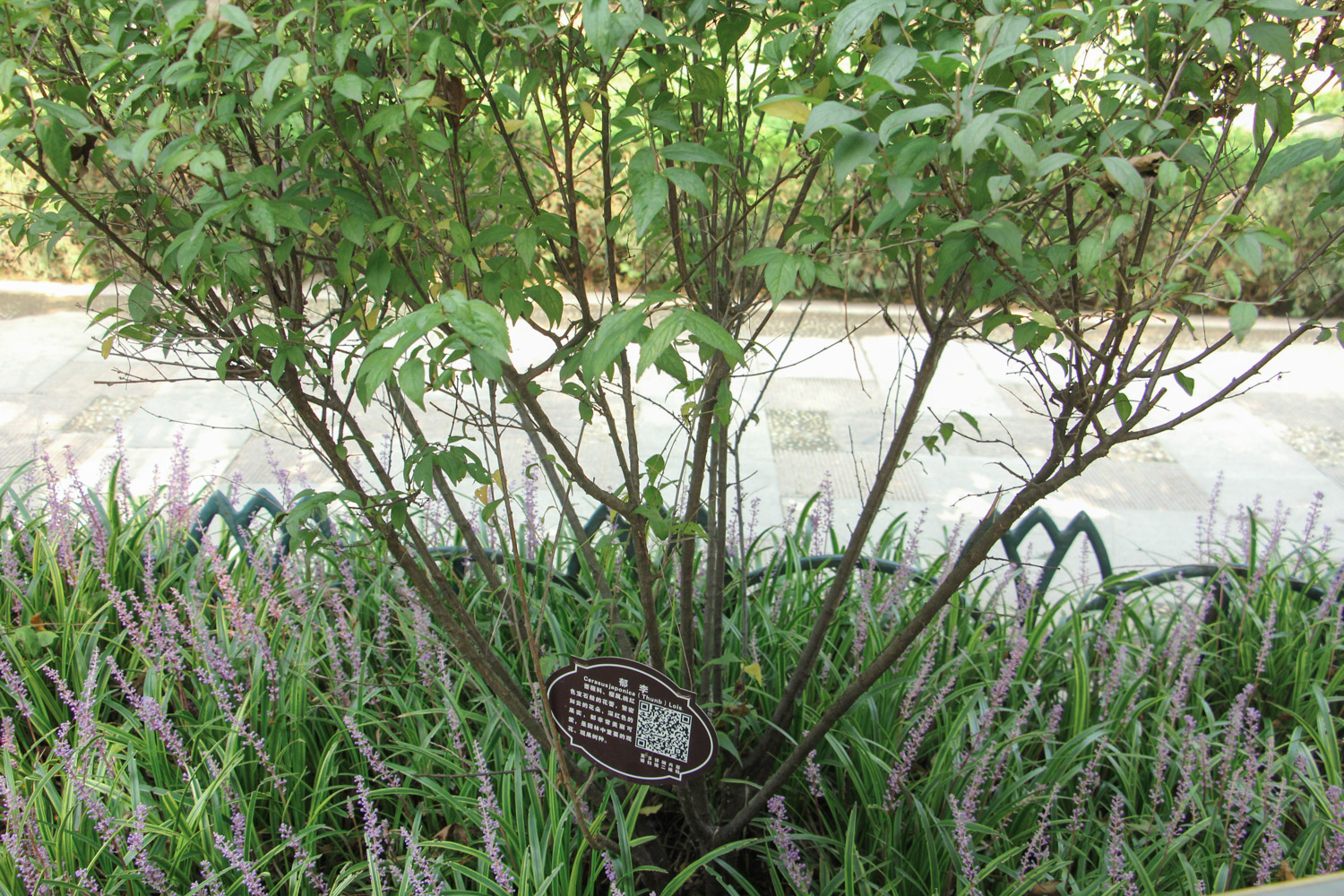
Grafting propagation of plum
Yu Li has a strong affinity for grafting and is relatively easy to survive, but the practice of grafting and propagation is complex and requires professional knowledge, so it is not commonly used. The specific method is to adopt "t" bud grafting, select robust plum varieties as scions, and select branches such as apricot and plum as rootstocks. When taking the bud, cut it from 1 cm above the bud and through the xylem to 1 cm below the bud. After taking off the bud, wrap it with a wet towel and put it aside for standby. At this time, carve a "t" shape on the rootstock, insert the bud into the rootstock, align the upper end with the cambium, and then bind it with plastic tape. After survival, untie the bandage and cut the anvil.




 how many times do yo...
how many times do yo... how many planted tre...
how many planted tre... how many pine trees ...
how many pine trees ... how many pecan trees...
how many pecan trees... how many plants comp...
how many plants comp... how many plants can ...
how many plants can ... how many plants and ...
how many plants and ... how many pepper plan...
how many pepper plan...
